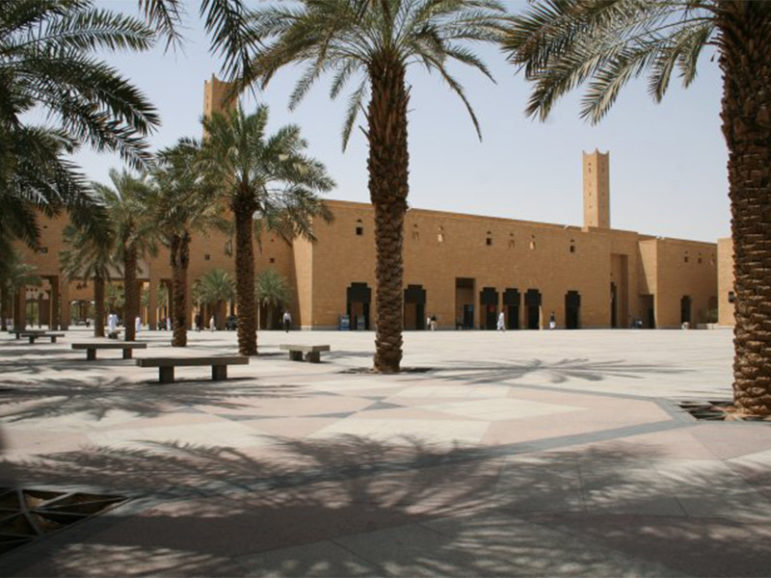(RNS) Saudi Arabia has reportedly condemned a man to death for atheism.
The man, Ahmad Al-Shamri, lost two appeals before the ruling by the Saudi Supreme Court earlier this week. He was initially arrested in 2014 and charged with atheism and blasphemy, both punishable by execution, after denouncing the Prophet Muhammad in videos he uploaded to social media, according to the Independent newspaper, which cited local media reports.
Al-Shamri is only the latest atheist condemned by the Saudi government. In 2013, blogger Raif Badawi was sentenced to 1,000 lashes, 10 years in prison and a fine for “insulting Islam.” His lawyer was also jailed for what the Saudi government called “making international organizations hostile to the kingdom.”
Badawi received the first 50 of his lashes in 2015, setting off an international uproar.
Other cases in the kingdom include a Turkish man sentenced to death for “swearing at God,” a high school teacher sentenced to prison and 750 lashes for discussing Christianity and Judaism with students, and a Yemeni man who was sentenced to 21 years in prison for insulting Islam on Facebook.
Saudi Arabia, where the official religion is Sunni Islam, has some of the harshest blasphemy laws in the world, according to the United States Commission on International Religious Freedom. It lists Saudi Arabia as a “country of particular concern,” its highest ranking for transgressors of religious freedom, which the country has held since 2006.
In 2014, Saudi Arabia’s leader, King Abdullah, issued a royal decree that termed atheists “terrorists” in an attempt to crack down on dissent. Yet a year later, the United Nations placed the country on its human rights council, prompting outrage.
“Saudi Arabia is trying to silence and lock away anyone who doesn’t toe the official line or dares to express an independent view on politics, religion, or human rights,” Sarah Leah Whitson, Middle East director at Human Rights Watch, said in its most recent report on the country.






